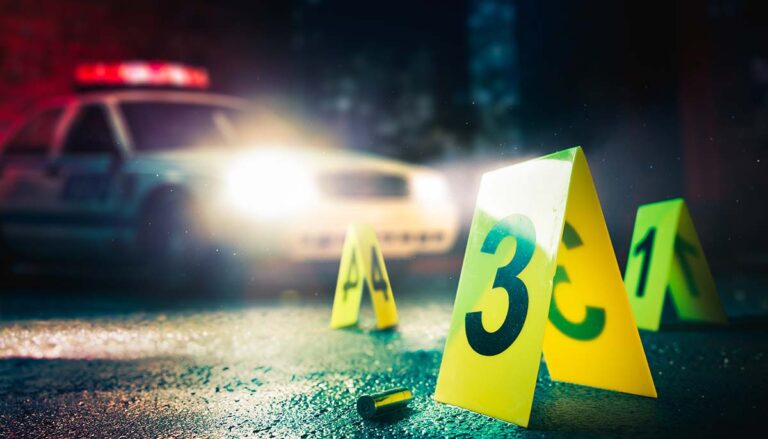A new law is so lenient on violent crime it’s been dubbed the “Purge” law, named after the film that legalizes crime. Criminals in Illinois can walk free after serious offenses such as second-degree murder and kidnapping.
New law so lenient on crime it’s nicknamed the “Purge” law
Back-story: The Purge is a film and TV franchise based on the premise of a dystopian future in which the country has an annual holiday in which all crime is legal for 12 hours. The first movie came out in 2013, starring Ethan Hawke. The idea is that allowing citizens to blow off some pent-up steam through unrestrained acts of violence will actually help stabilize society.
In the present landscape, not so ironically, the idea of a similar catharsis has been behind movements to defund police. The result of such actions appears to be at least one factor behind rising crime across the nation.
Illinois has enacted a law so lenient on a number of serious crimes it has been nicknamed the “Purge” law for its similarity to the concept of the film and TV franchise.
New Illinois law will let criminals walk free without bail for a number of serious crimes
Illinois has passed a new law entitled the “Safe-T Act,” which stands for “Safety, Accountability, Fairness, and Equity-Today.” The law is aimed at reforming Illinois’s cash bail system by removing it for almost ALL crimes in the state.
The new law also limits who can be arrested and held in custody depending on the crime they are accused of committing, Unilad reported. The law will go into effect on January 1, 2023.
The shocking crimes criminals can commit and walk free
Illinois’ new “Safe-T Act” will waive cash bail for 12 offenses, some of them very serious. This means anyone arrested for these crimes cannot be detained and must be released on their own recognizance. They can walk free until their court date… if they show up at all.
The 12 “get out of jail” free offenses are:
-Second-degree murder
-Aggravated battery
-Arson
-Drug-induced homicide
-Kidnapping
-Burglary
-Robbery
-Intimidation
-Aggravated fleeing and eluding
-Aggravated driving under the influence
-Drug offenses
-Threatening a public official
Other restrictions placed on police
Cops have to wait 48 hours before they can go after someone who has skipped out while on electronic monitoring. Such a criminal could essentially be out of the country before authorities can even start looking. A group of Illinois state attorneys wrote in the Chicago Tribune: “For instance, violent offenders who are released on electronic monitoring and choose to violate the terms of their release have to be in violation for 48 hours before law enforcement can do anything about it.”
Court does have option to hold some defendants
In terms of being held in pretrial detention, the Pretrial Fairness Act states: “Detention only shall be imposed when it is determined that the defendant poses a specific, real and present threat to a person, or has a high likelihood of willful flight.”
Some of the crimes in the list above belong to a designation called “forcible felony.” Under the new law, judges will consider each case on an individual basis to determine release and base their decisions on whether the accused suspect is a threat to the community or a flight risk.





